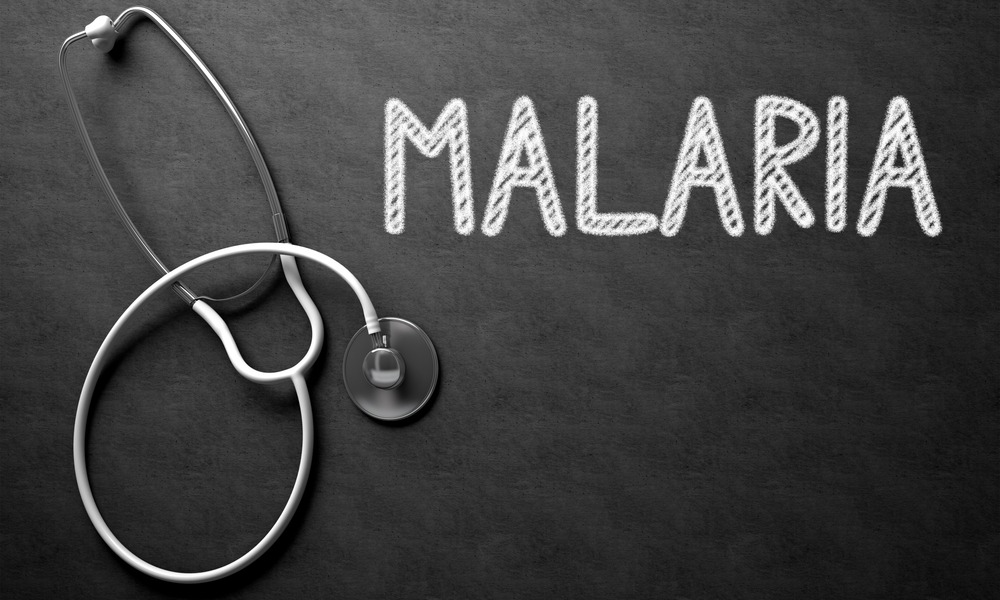Billions of people will contract an infectious disease every year, from a common cold to a serious virus, such as HIV. To ensure you are protected, we are offering informative information on the five most common infectious diseases.
Hepatitis B
Did you know that Hepatitis B is the most common infectious disease in the world? Approximately 2 billion people are living with the virus, which causes inflammation of the liver that can result in fatigue, nausea and jaundice. Unfortunately, the disease can also cause serious health complications, such as liver cirrhosis or liver cancer.
To prevent contracting Hepatis B or C, it is essential to wear personal protective clothing when treating or cleaning bloodborne pathogens. It’s also advisable to consult crime scene clean up professionals to decontaminate and sanitize the affected area, before safely disposing of any contaminated materials.
Malaria
More than 500 million people are affected by malaria, a mosquito-borne disease, every year. Unfortunately, the disease causes up to 3 million deaths annually. It is therefore the second most common infectious disease in the world, affecting 91 countries and areas. Public awareness is therefore the most effective way to prevent the disease from spreading.
It is also possible to take preventative measures when visiting a tropical country to decrease exposure. It is vital to use an insect repellent that contains DEET or picaridin. What’s more, you should use an insecticide-treated mosquito net to prevent malaria in adults and children, which can decrease infection rates.
Hepatitis C
Hepatitis might not be as severe as Hepatitis B, but it can still affect up to 180 million people every year. The chronic condition is, however, similar to the B-virus, as it can also lead to liver cancer or cirrhosis. Fortunately, medical innovation has improved the treatment of hepatitis C, with many scientists believing a cure is not too far away.
Dengue Fever
A specific form of mosquito, Aedes aegypti, can lead to the contraction of dengue fever, which affects the lives of up to 50 million people every year. It is therefore the most infectious disease in both Africa and Asia. Fortunately, the disease only has mild consequences, such as joint and muscle pain, a high fever or severe headaches, and very rarely results in a fatality. There is no drug that can directly treat dengue fever, but the symptoms can be alleviated with Tylenol.
Tuberculosis
Tuberculosis (TB) is an infectious disease that results in bacteria in the lungs. As a result, it can cause a terrible cough and chest pain. The disease commonly occurs in poorer countries, which have failed to execute tuberculosis awareness and prevention. Thankfully, TB is steadily declining; however, it still affects the lives of millions of people every year. Many countries now offer a preventative vaccine, which is therefore the most widely-used inoculation in the world. The virus is often treated with antibiotics to kill the bacteria; however, treatment can be difficult due to the unique structure of the mycobacterial cell wall that can make the drugs ineffective.

